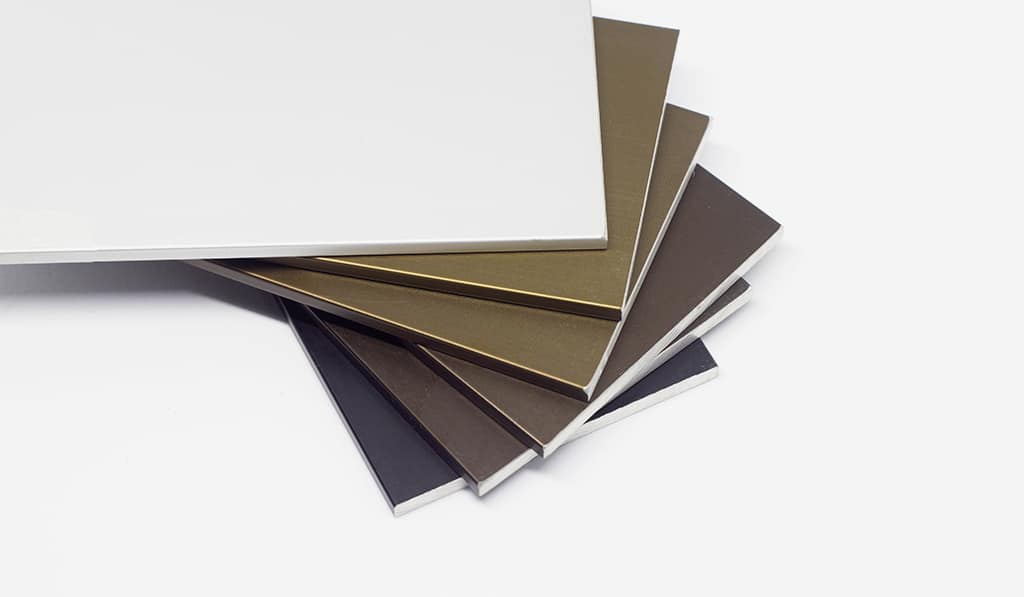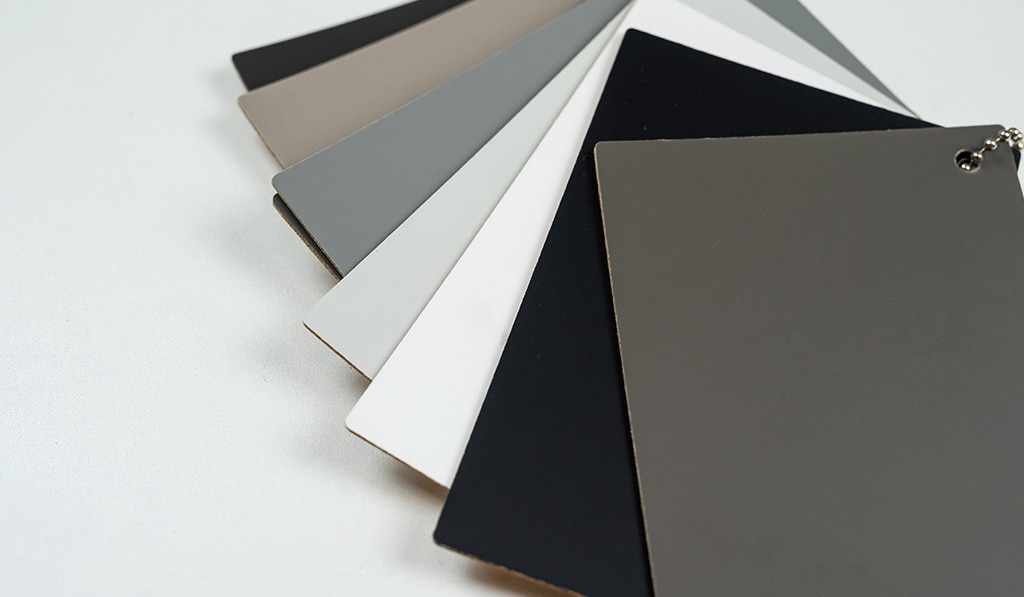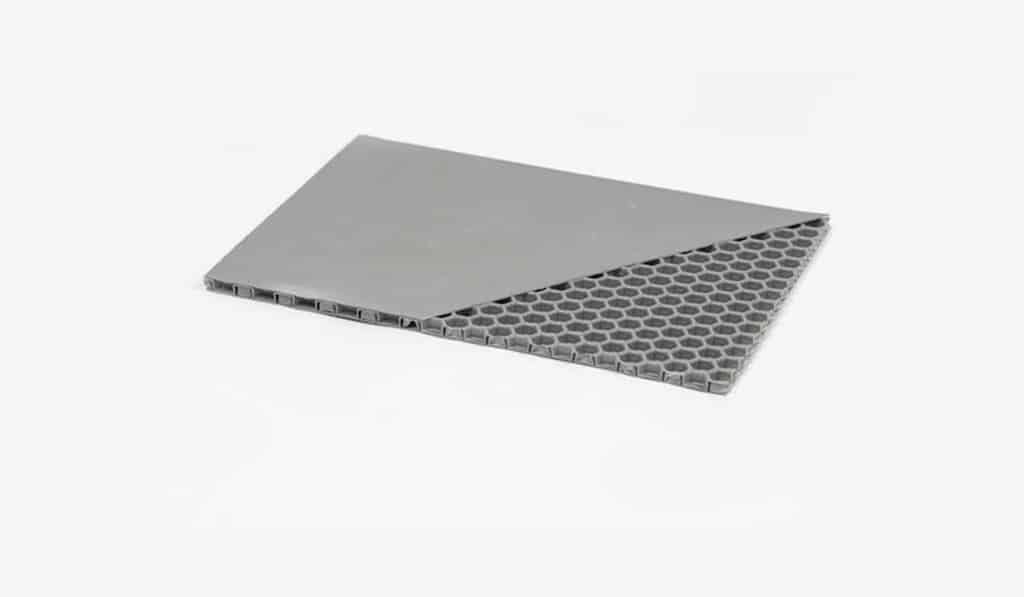Polyethylene sheet: advantages, uses and differentials
Polyethylene sheets are highly valued plastic materials in various industrial sectors, especially for their characteristics that combine strength, durability and versatility.
Used in a wide range of applications, these sheets stand out in the storage and transportation of cargo, providing greater security and efficiency in the logistics process.
Let's find out together about the advantages, uses and differentials of this resistant plastic sheeting, with an emphasis on the impact it has on the safety of transport and storage operations.
What is polyethylene sheet?
Polyethylene sheet is a type of plastic material made from polyethylene, one of the most widely used plastics in the world.
It is characterized by its simple chemical composition and its ability to be transformed into various forms, including sheets.
When we talk about high-density polyethylene (HDPE), we are dealing with a variant of this material that is more resistant and durable, making it the ideal choice for more demanding applications.
Polyethylene sheets are vital for impact protection and product safety during transportation and storage.
Its impact resistance is one of the most important features, ensuring that stored or transported materials are not damaged by falls or shocks.
They also provide a stable and safe surface for stacking products, minimizing the risk of accidents such as loads tipping over.
This type of plastic material is ideal for those who need robust packaging or protection solutions, and the plastics industry, especially the one focused on polyethylene solutions, makes ample use of these characteristics to create high-performance products.

Main advantages of polyethylene sheet
Polyethylene sheets are widely used due to their numerous advantages, which make them indispensable for various sectors of industry. Let's find out about the main characteristics of this material that guarantee its success.
High resistance and durability
One of the biggest advantages of polyethylene sheets is their impact resistance and durability.
High-density polyethylene is especially effective at withstanding external forces, which makes it an ideal choice for the transportation and storage of heavy and bulky loads. Even in adverse conditions, such as impacts during transportation or sudden changes in temperature, polyethylene sheets maintain their integrity and functionality.
This resistance to damage means that polyethylene sheets are used in applications where product safety is a priority.
The material's physical properties ensure that it resists wear and tear for longer, which directly contributes to reducing replacement and maintenance costs.
Versatility for different applications
Another strong point of plastic sheets is their incredible versatility. They can be molded into different shapes and sizes, easily adapting to the specific needs of each application.
Whether for the production of transport boxes, pallets or even machine components, high-density polyethylene offers effective and low-cost solutions.
This versatility also means that the material can be used in a number of different industrial sectors, such as the automotive, construction and food industries.
The ability to customize sheets according to customer specifications is one of the reasons why they are so sought after in the market.

Chemical and thermal resistance
Polyethylene sheets also stand out for their chemical and thermal resistance.
This material is able to withstand a variety of chemicals, such as acids, bases and solvents, making it ideal for use in industries that deal with corrosive substances.
High-density polyethylene also offers excellent resistance to extreme temperatures, both high and low, which makes it suitable for industrial environments with significant thermal variations.
This resistance means that polyethylene sheets are often used in demanding environments, such as chemical plants or food industries, where contact with aggressive substances or adverse weather conditions is common.
Lightweight material and easy to handle
Although polyethylene sheets are incredibly strong and durable, they are also lightweight, which makes them easy to handle and move around.
This characteristic favors cargo transportation, where the lightness of the material can result in lower freight costs and easier handling for operators.
The ease with which the sheets can be handled also has an impact on the ergonomics of operations, providing greater comfort and safety for the workers involved in the loading and unloading process.
Main applications of polyethylene sheet
Polyethylene sheets have a wide range of applications in various sectors of industry, and their unique characteristics make them ideal for many types of operations.
Below, we'll take a look at some of the main uses of these plates and understand how they contribute to the efficiency and safety of operations.
Use in the automotive industry
In the automotive industry, polyethylene sheets are used in various components, such as interior linings, impact protection parts and even for the manufacture of parts that require mechanical resistance.
The material's durability and lightness are ideal for making parts that need to be strong, but at the same time not add excessive weight to vehicles.
High-density polyethylene's resistance to chemicals and abrasion is also crucial to ensuring the longevity and performance of automotive components.
Application in construction
In the construction sector, polyethylene sheets are widely used in applications such as floor protection, wall cladding and even as insulation material.
The impact resistance and durability of the material make polyethylene sheets the ideal choice for construction projects that require strong, long-lasting materials.
The versatility of polyethylene allows it to be custom-molded, meeting the specific needs of each project and offering practical solutions for various types of construction.
Use in the food and pharmaceutical industry
In the food and pharmaceutical industry, polyethylene sheets are used mainly because of their resistance to chemical agents and ease of cleaning.
They are ideal for areas where constant sanitizing is required, such as work surfaces, countertops and processing equipment.
Resistance to chemicals is also essential to ensure that food and pharmaceutical products are not contaminated by aggressive substances, providing a safe environment for production and storage.
Use in packaging and logistics
The packaging and logistics industry is one of the biggest users of polyethylene sheets. They are used in the manufacture of pallets, boxes and other transportation items, providing safety and efficiency when handling loads.
The material's resistance to impacts and abrasions makes the sheets ideal for protecting products during transportation, ensuring that they reach their destination in perfect condition.
The lightness of the material helps to reduce transport costs, optimizing logistics and making the process more economical and sustainable.
Conclusion
Polyethylene sheets, especially high-density ones, are a clear example of how a simple material can become a highly effective solution for a variety of industrial applications.
Polyethylene's strength, durability and versatility enable it to be used in a wide range of industrial applications.
By providing safe and efficient solutions for storing and transporting cargo, polyethylene sheets guarantee the integrity of products and optimize costs and processes.
In a world where safety and efficiency are crucial, the use of high-quality polyethylene sheets is a significant competitive differentiator, both for companies seeking operational excellence and for those prioritizing sustainability and innovation in their operations.

